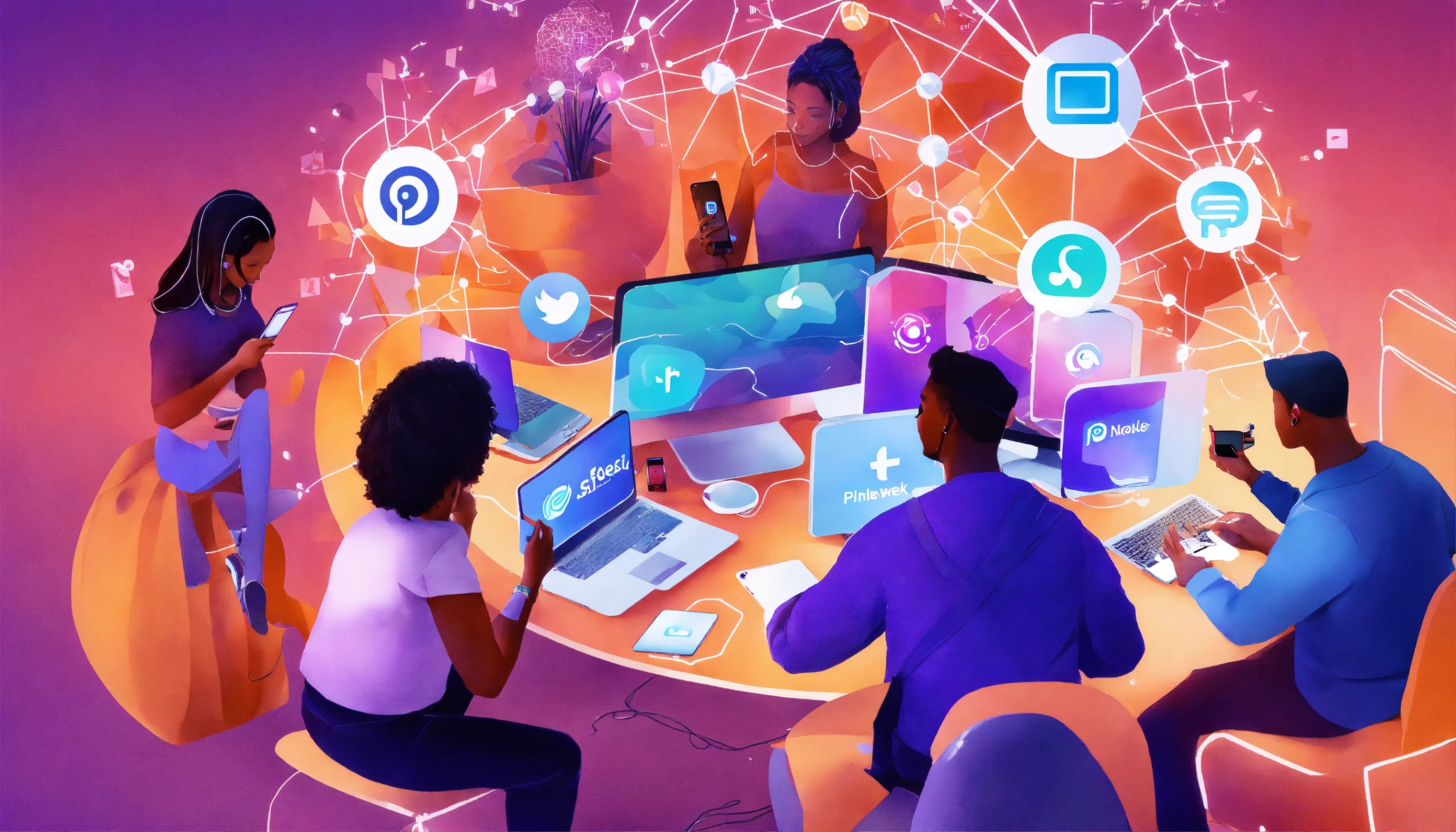Adapting to Change

Future-proofing Strategies for NGOs in a Dynamic World
In an ever-evolving landscape, non-governmental organizations (NGOs) face a myriad of challenges and opportunities. To thrive in such a dynamic world, NGOs must embrace change and proactively adopt future-proofing strategies. In this article, we explore key tactics that NGOs can implement to adapt to change effectively.
- Understanding the Dynamics of Change: Change is inevitable, but understanding its drivers and implications is crucial. NGOs must analyze societal, political, economic, and technological trends to anticipate change and its potential impact on their operations and the communities they serve.
- Building Organizational Resilience: Resilience is the ability to withstand and recover from adversity. NGOs should focus on building organizational resilience by developing flexible structures, fostering a culture of innovation, and establishing robust risk management systems.
- Embracing Technological Advancements: Technology is rapidly transforming the way NGOs operate and engage with stakeholders. Future-proofing strategies should involve leveraging emerging technologies such as artificial intelligence, data analytics, and block chain to enhance efficiency, transparency, and impact.
- Diversifying Funding Sources: relying on a single source of funding can leave NGOs vulnerable to financial instability. To future-proof their operations, NGOs should diversify their funding sources by cultivating relationships with multiple donors, exploring innovative financing mechanisms, and generating revenue through social enterprises.
- Investing in Capacity Building: Building the capacity of staff and volunteers is essential for future-proofing NGOs. Investing in training programs, leadership development initiatives, and knowledge-sharing platforms empowers individuals to adapt to change, innovate, and drive organizational growth.
- Collaborating for Collective Impact: Collaboration enables NGOs to achieve greater impact by pooling resources, expertise, and networks. Future-proofing strategies should prioritize partnerships with other NGOs, government agencies, businesses, and communities to address complex challenges and create sustainable change.
- Prioritizing Adaptive Leadership: Adaptive leadership is essential for navigating uncertainty and driving organizational change. NGO leaders must be agile, visionary, and empathetic, capable of inspiring and mobilizing teams to embrace change, experiment with new ideas, and seize emerging opportunities.
- Engaging in Continuous Learning: Learning is an ongoing process that fuels innovation and adaptation. NGOs should foster a culture of continuous learning by encouraging curiosity, experimentation, and reflection, both internally and externally. Embracing feedback and incorporating lessons learned from successes and failures is vital for future-proofing strategies.
Conclusion: Adapting to change is not a one-time endeavor but an ongoing journey for NGOs in a dynamic world. By understanding the dynamics of change, building resilience, embracing technology, diversifying funding sources, investing in capacity building, collaborating for collective impact, prioritizing adaptive leadership, and engaging in continuous learning, NGOs can future-proof their operations and maximize their positive impact on society.
Top of Form






